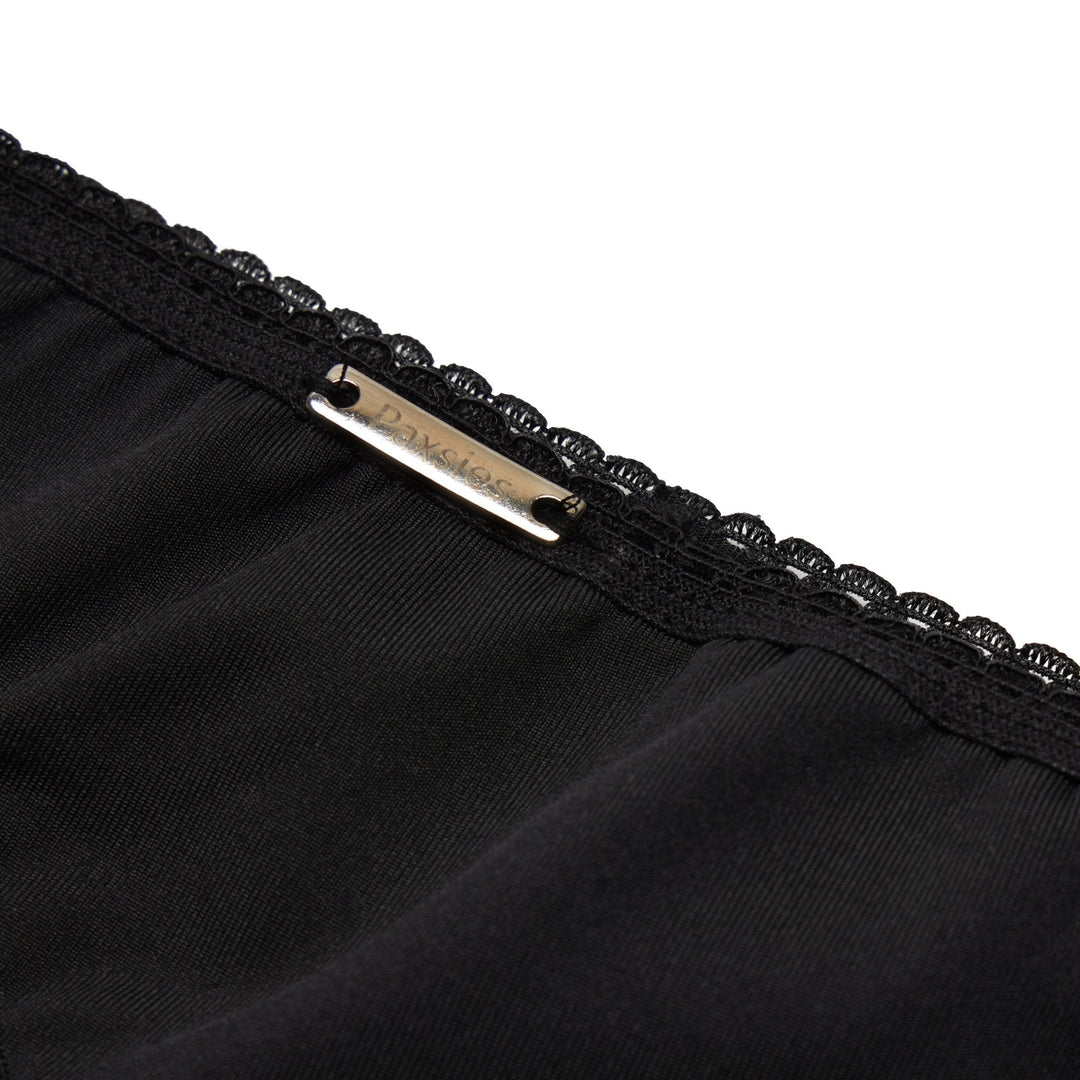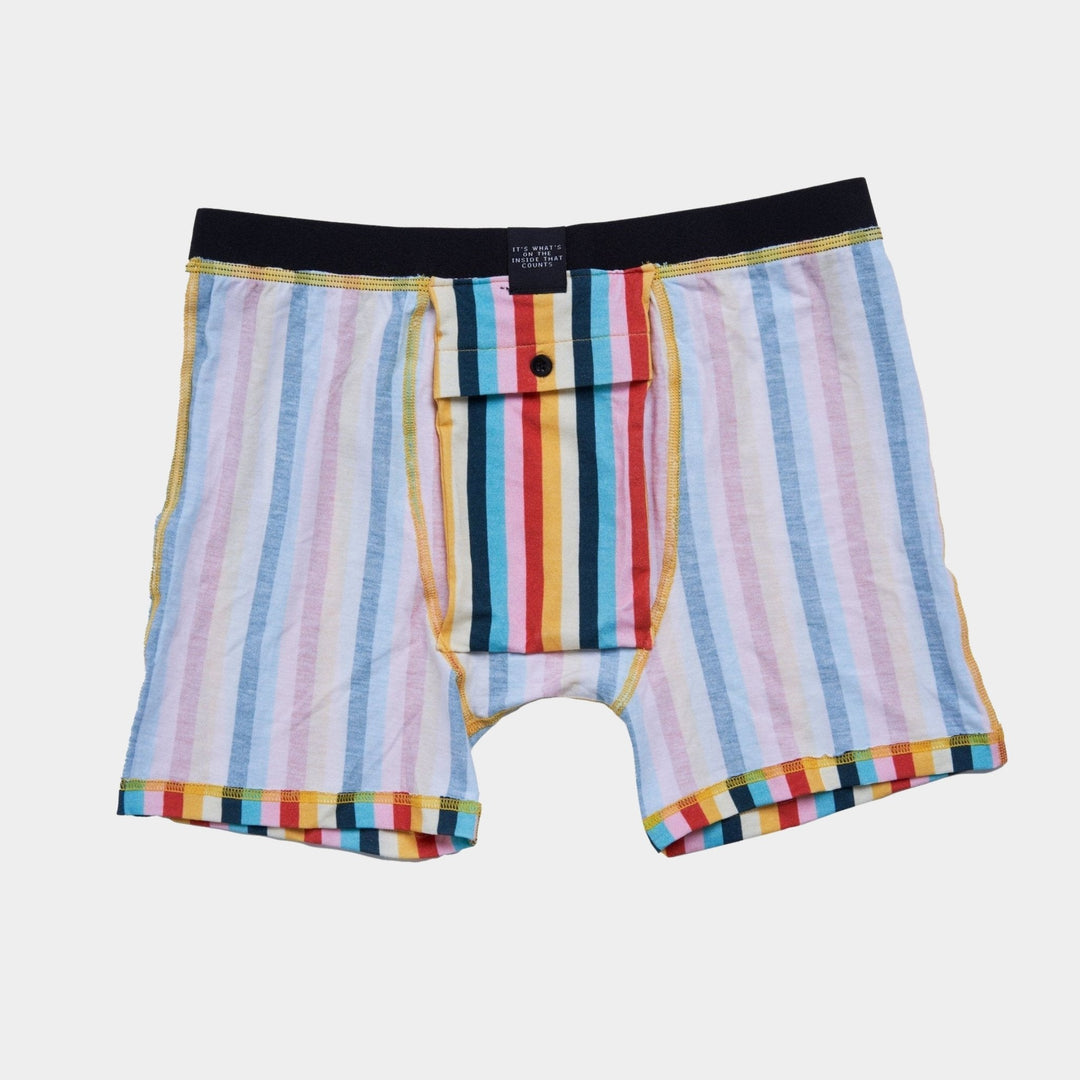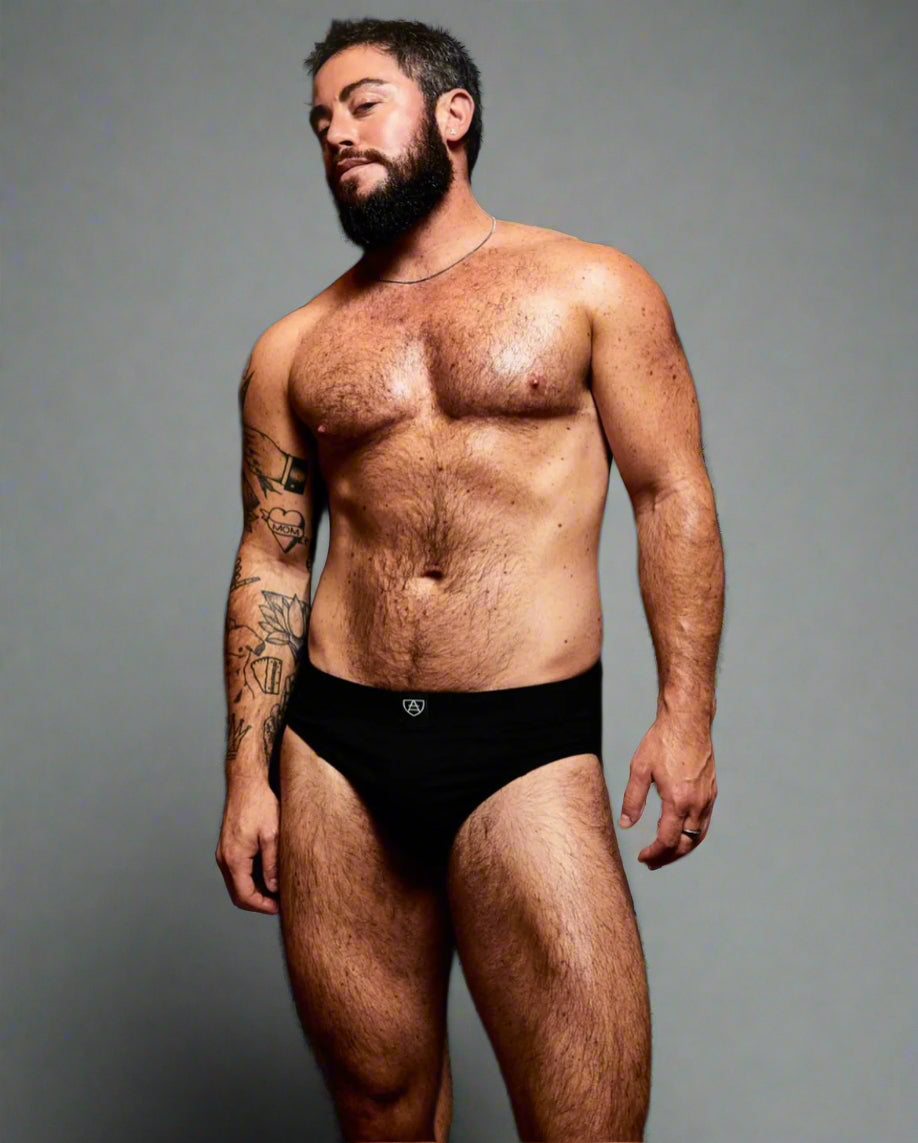Queer Owned Businesses vs Rainbow Capitalism: What's The Difference?
Throughout Pride Month, you can barely move without bumping into another rainbow plastered over some company’s logo. Now June is over, almost all have disappeared overnight. Here at Paxsies, we’re keeping our rainbow up a little longer. Pride isn’t just for June, it’s year round, and we want to keep celebrating that.
In recent years, especially during Pride Month, you might have heard the term ‘Rainbow Capitalism,’ tossed around, usually derisively. But it’s easy to get confused by what rainbow capitalism even means. And isn’t companies supporting Pride month a good thing? Is anyone selling anything with a rainbow on bad? Isn’t that exactly what Paxsies have done during June?
In this article we'll explain what Rainbow Capitalism is, why it’s unpopular, and the difference between Rainbow Capitalism exploiting Pride month and queer owned businesses celebrating it.
What is Rainbow Capitalism?
Simply put, Rainbow Capitalism, also known as Pink Capitalism, is the inclusion of the LGBTQIA+ community into mainstream consumerism in a superficial way to increase profits. For example, mainstream and popular big brands selling versions of their product with a rainbow on during Pride Month, so that members of the LGBTQIA+ community will buy their product, without doing anything to actually support the community.
Businesses rarely actually include the whole LGBTQIA+ community – their show of support is usually limited just to gay people, and even then how ‘supportive’ they are is often debatable. Examples of companies using inappropriate wording (such as addressing the community as ‘the gays,’ yikes) are rife. It's also much rarer for corporations to include other parts of the queer community such as transgender, non-binary, or bisexual people.
A Brief History of Rainbow Capitalism
The idea of profiting off the LGBTQIA+ community is nothing new. Products, events, magazines, and venues aimed at members of the LGBTQIA+ community have been around since the 19th Century, and probably earlier. At first, most of these were very underground and secret, usually run by queer people for queer people. But there were also those who used the sensitive nature of these businesses to exploit the LGBTQIA+ community, such as the mafia family who ran the famous Stonewall Inn.
As LGBTQIA+ rights became more formalised in law and acceptance increased, there was a push to get organised crime and other exploiting forces out of queer spaces, to be replaced with queer business owners who were a part of the community.
Nowadays, in countries with legal protections for LGBTQIA+ people and higher public support for queer people, mainstream corporations will often add a rainbow to their logo during June to ‘show support’ for the queer community, sell rainbow related products, and even take part in Pride parades.
"Queer Liberation, Not Rainbow Capitalism" - How Rainbow Capitalism Is Ruining Pride
The mainstream commercialisation of Pride parades and events has even manifested as some Pride events, such as Pride Glasgow, charging an attendance fee, something many feel is antithetical to the spirit of Pride. Pride month is in June to remember and celebrate the Stonewall Uprisings, and the long fight for LGBTQIA+ rights they were a part of. Pride’s origins are in not just protest, but riots, and a very real and dangerous fight against violent police brutality and mafia exploitation. Protest, the push for change, and remembering those that have lost their lives to violence and ignorance have always been key aspects of Pride events.
The lack of accessibility preventing disabled and neurodivergent members of the LGBTQIA+ community from participating in Pride parades is bad enough (as you can read about here.) Adding a financial barrier to participation as well ignores the reality of high rates of homelessness and poverty among the LGBTQIA+ community, worsened by discrimination within the workplace. Some of those fighting at the Stonewall Uprising were homeless youths who used the bar for shelter, and now financial barriers to Pride prevent people in similar situations attending an event that should be theirs.
Why Else is Rainbow Capitalism Bad?
On top of the issues with actual Pride events, the other major complaint about Rainbow Capitalism is the hypocrisy of the big brands using Pride as just a marketing strategy without contributing anything to the LGBTQIA+ community.
It’s always noticeable when brands only change their logo to rainbow colours in regions where there is legislative support for queer rights. You don’t need to be a cynic to see it’s nothing more than a calculation that in some areas the rainbow will boost profits, and in others will harm them.
And then there’s brands who tweet about support for queer rights, yet donate millions to anti-LGBT political groups.
Is it any surprise so many people have had enough of corporations butting into Pride?
Luckily, if you still want your rainbow coloured fix, there’s a much better alternative.
Why You Should Support Queer Owned Businesses
Just a quick preface to say: just because a business is run by a queer person, it’s not going to be automatically good. Queer people can suck too.
But there’s a huge difference between an exploitative giant corporation tacking on some coloured stripes (sometimes just different enough for plausible deniability) to scrounge up some profits, and a small business full of queer people celebrating their history.
A business isn’t a person, so it can’t be queer. But it can be owned by, run by, employ, and assist queer people. And those people can create and provide products they know will help other queer people. They can support charities they believe in. They can create space for meaningful conversations, for change, for an agenda set by the people who started Pride, and not just those skimming off the pretty bits that suit them.
Ultimately, it’s not about which businesses are or aren’t allowed to make Pride merch. It’s about the people working there, the choices they make, and the people whose choices you choose to support. The future of Pride is in your hands.








